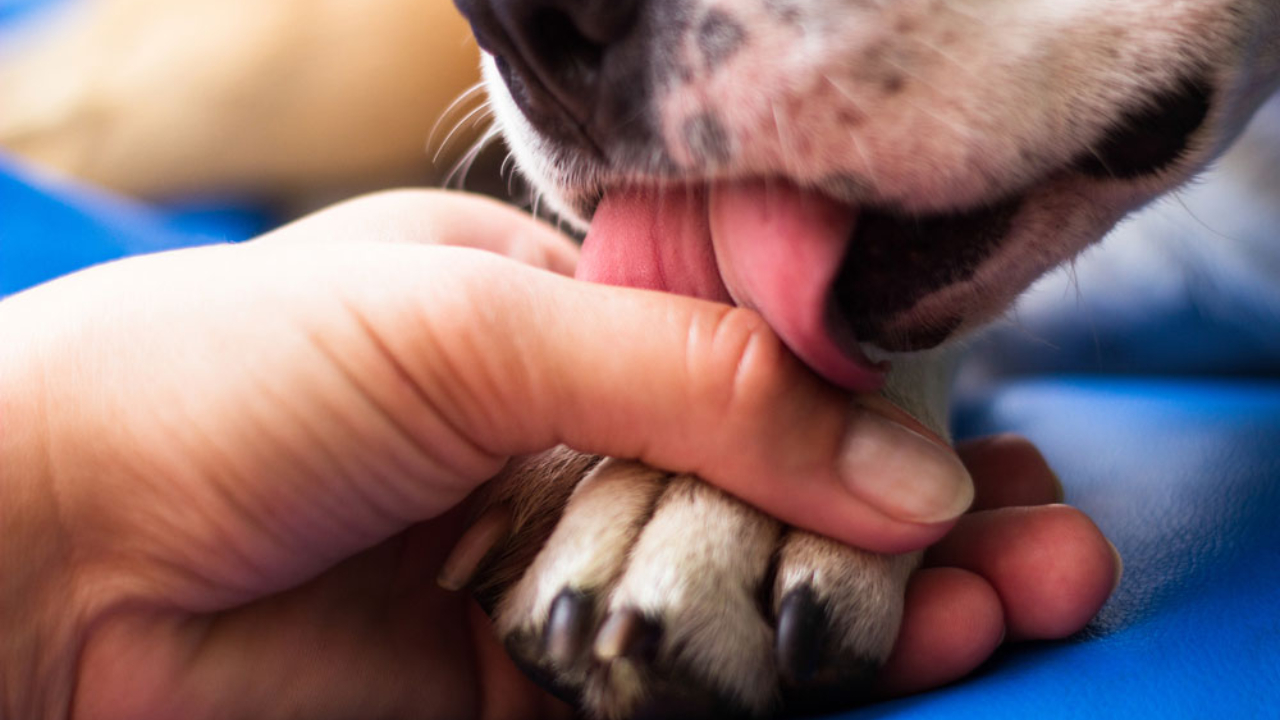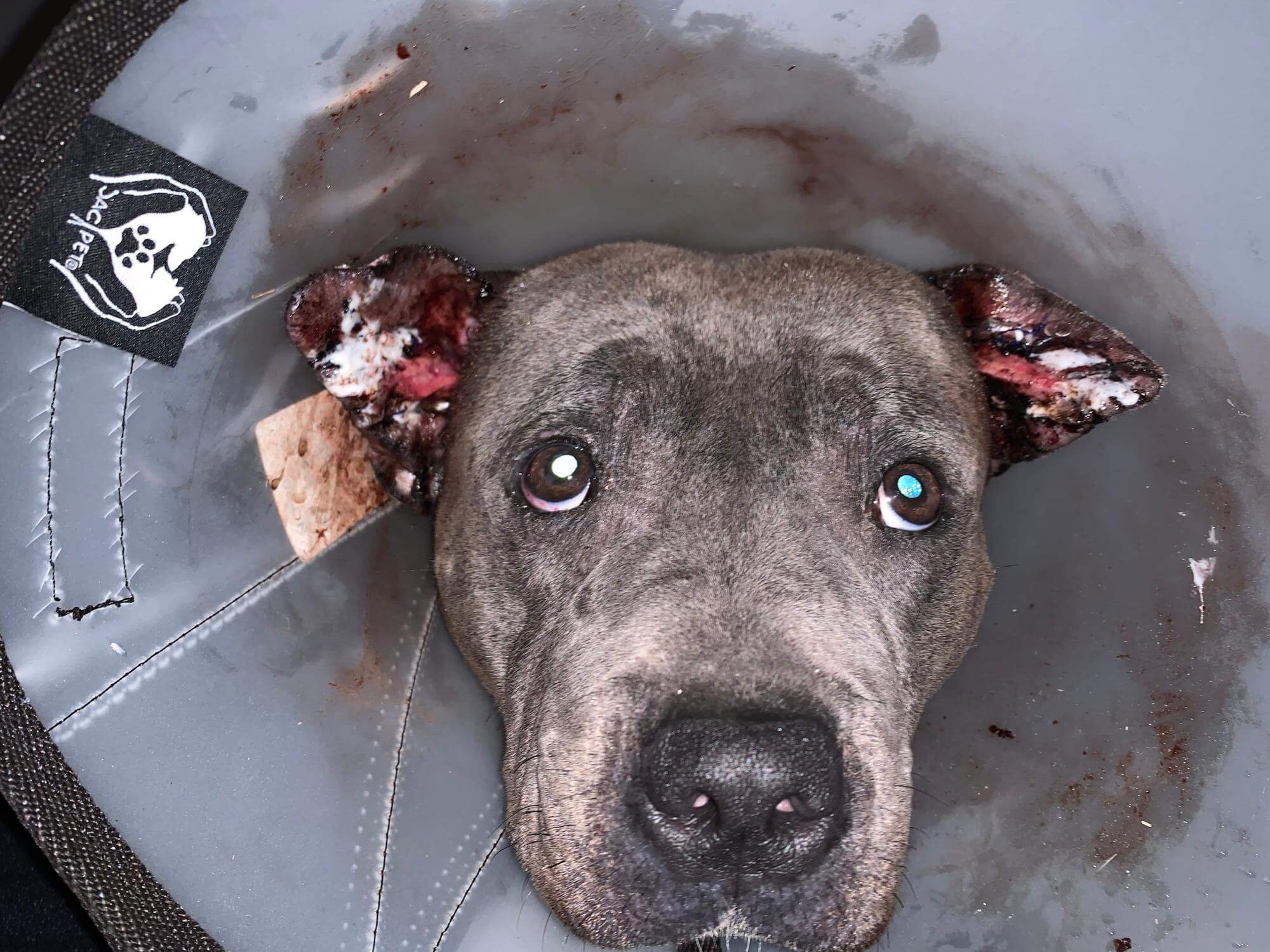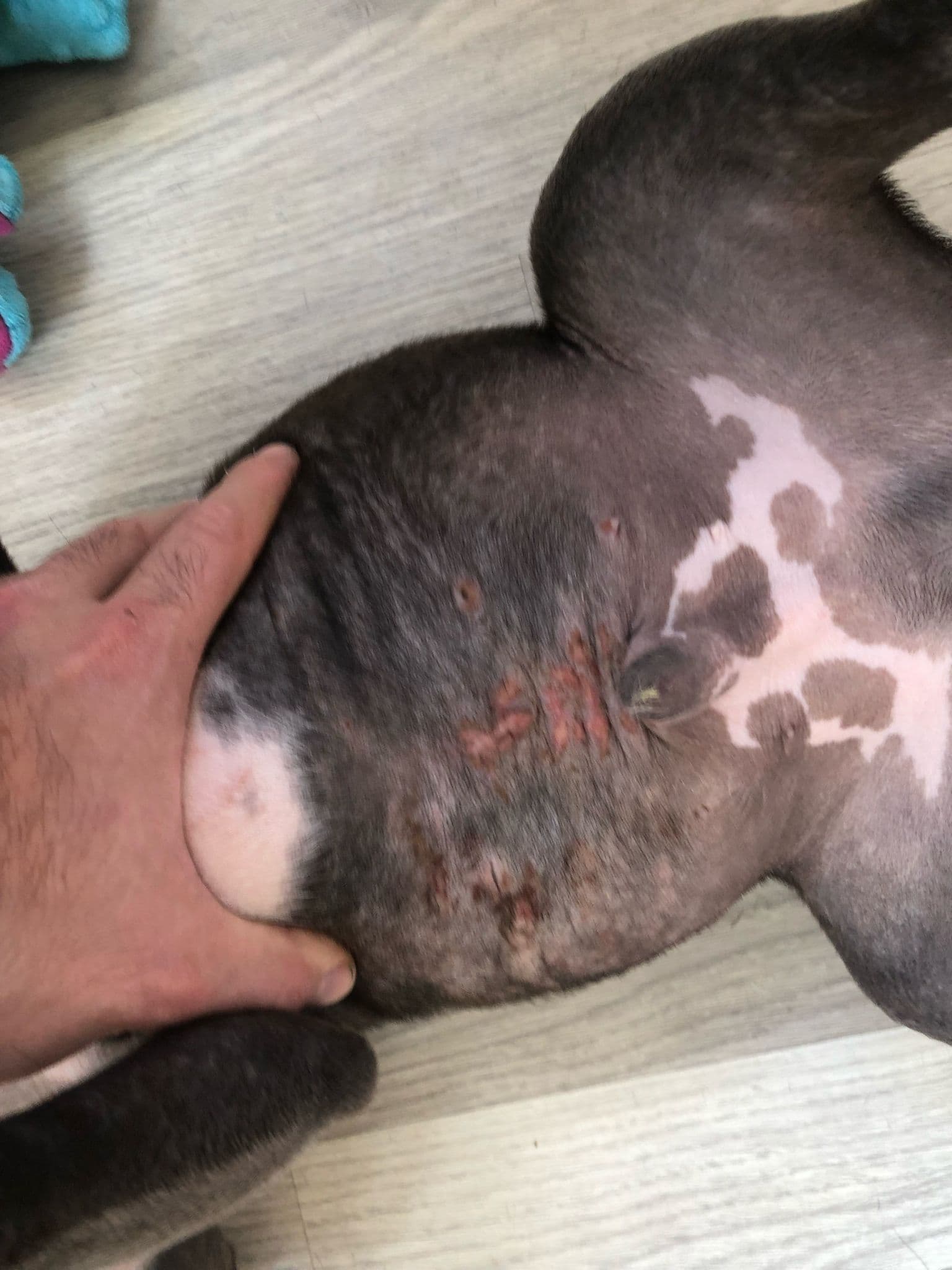Fungal infections in dogs can have a serious influence on their health. In this post, we’ll go over crucial facts about fungal infections in dogs, such as symptoms, psychological impacts, and treatment options. Fungal infections can affect both the skin and the internal organs, offering a major risk if not detected early.
İçerik Tablosu
Symptoms of Fungal Infections in Dogs
The symptoms of fungal infections in dogs can vary depending on the type of fungus and the area of the body affected. However, the following common signs may be observed:
- Skin Symptoms: Fungal infections often manifest through redness, itching, scaling, and blisters on the skin.
- Nail Changes: You may notice thickening, cracks, or discoloration of the nails.
- Eye and Nose Discharge: Infections can cause discharge from the eyes and nose.
- Loss of Appetite: Sudden loss of appetite or weight loss may occur.
- Internal Organ Impact: In rare cases, the infection can spread to internal organs, leading to respiratory or digestive issues.
- Lethargy: Infected dogs may frequently experience fatigue and low energy as the illness strains their body.
- Depression: The discomfort, itching, and pain from the infection can trigger depression-like symptoms, causing your dog to feel unwell and lowering their overall mood.

Psychological Effects on Dogs
Fungal diseases can have an impact on both your dog’s physical and psychological health. Itching and soreness can cause your dog to become stressed, tense, and restless. Dogs may lick themselves repeatedly to relieve discomfort, which could increase their anxiety levels.
- Aggression: Because of pain or suffering, your dog may exhibit aggressive behavior. This could indicate that the dog is defending itself or reacting to a painful contact.
- Training: A dog with a fungal infection may struggle to focus during training and be less cooperative owing to discomfort. They may also find it difficult to maintain basic training skills, such as housebreaking, due to pain or itching.
- Itching and Self-Licking: Fungal infections can produce itchy skin, which can lead to excessive licking. This practice might irritate the skin and raise the likelihood of subsequent infections.
Furthermore, once a fungal infection is diagnosed, your dog may experience stress during the treatment procedure. Medications, bandages, and frequent veterinarian visits can all cause discomfort. To help your dog relax and respond well to treatment, follow your veterinarian’s suggestions.

Treatment and Prevention
If your dog has a fungal infection, your veterinarian will recommend an appropriate treatment strategy. Antifungal drugs are commonly used to treat the condition. To prevent the infection from spreading, you should also isolate your dog and keep fungal spores out of your home.
It is always better to prevent than to treat. Maintaining your dog’s cleanliness is the most effective strategy to protect them from fungal illnesses. You can also lower the danger by keeping your dog away from moist areas during outdoor walks.
Fungal infections in dogs may begin with cutaneous signs but can progress to interior organs, resulting in major health problems. In addition, they can have an impact on your dog’s psychological health. To protect your dog’s health, make sure he gets regular veterinary check-ups, maintains good hygiene, and gives him love and support. If you see signs of a fungal infection, contact a specialist right away.
Remember that your dog’s health is your responsibility, so don’t hesitate to take the essential steps to ensure their well-being.






Most Read Articles
Things to Consider When Adopting a English Staffy from Dog Farms
Adopting a dog is a life-enriching experience for many people. However, there are important factors...
Sep
English Staffordshire Bull Terrier Adoption Guide
Adopting the English Staff breed, which is considered one of the most faithful companions for...
Sep
Adopting an English Staffordshire Bull Terrier Puppy: What You Need to Know
The Staffordshire Bull Terrier is a dog breed known worldwide for its loyalty and affectionate...
Sep